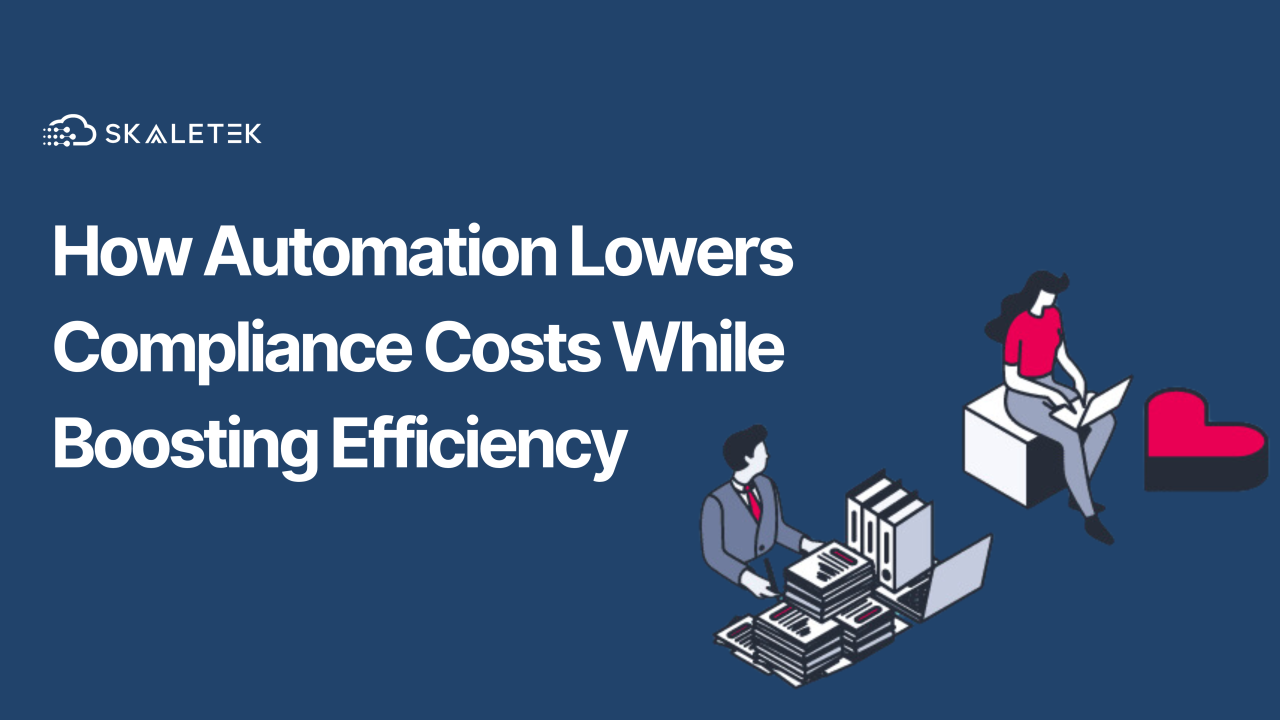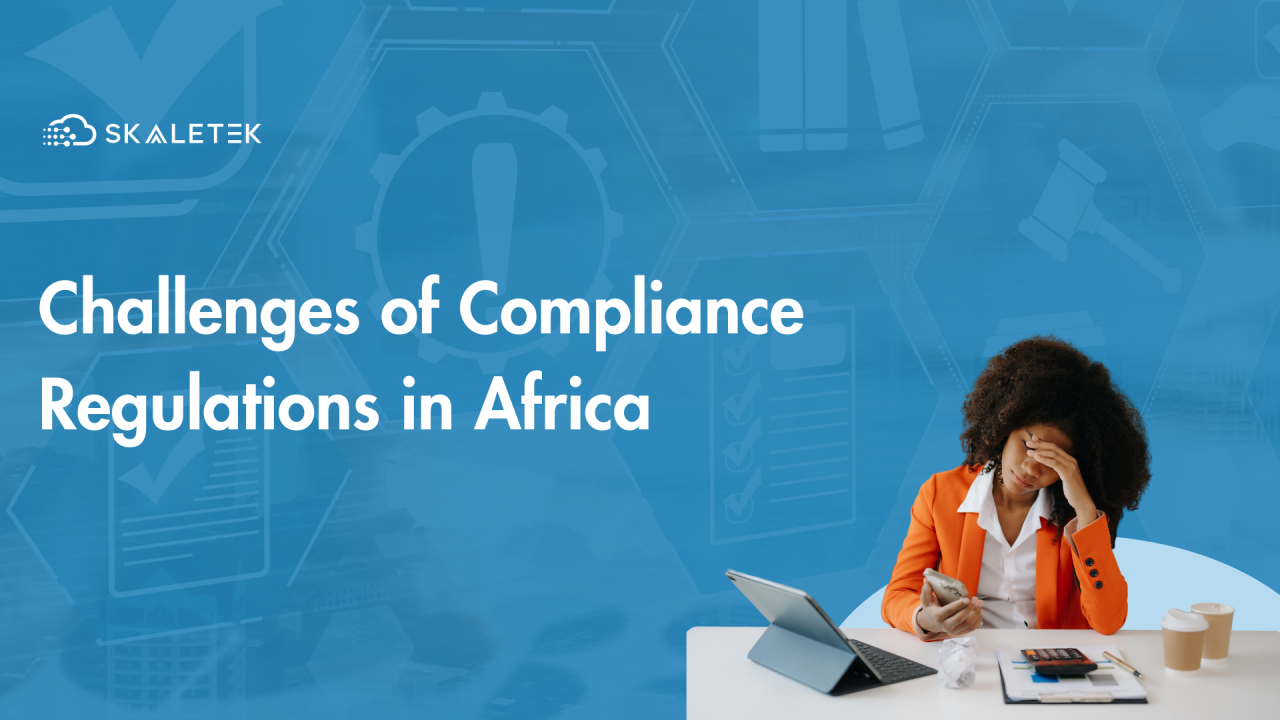Challenges of Compliance Regulations in Africa
December 5, 2024 | by whytecreatives@gmail.com

The financial technology (fintech) sector in Africa holds tremendous potential to revolutionize financial services, drive economic growth, and foster financial inclusion across the continent. However, the sector faces significant regulatory challenges that hinder its ability to scale effectively. In this article, we explore the problems of regulations in Africa, the difficulties fintechs encounter in scaling, the challenges regulators face, the need for standardization of regulations across regions, and the concept of regulatory passporting as a potential solution.
What are The Challenges of Regulations in Africa?

Regulatory environments in Africa are diverse and often fragmented. Each country operates with its own set of rules, making it difficult for fintech companies to navigate and comply with varying legal frameworks. Some key challenges include:
- Inconsistent Regulatory Frameworks: Different countries have different regulatory standards, creating a complex web of requirements for fintechs operating across borders. This inconsistency can lead to increased compliance costs and operational inefficiencies.
- Slow Regulatory Processes & Limited Regulatory Capacity: Regulatory bodies in many African countries are often slow to adapt to the rapidly evolving fintech landscape. The bureaucratic processes can delay the launch of new products and services, stifling growth and innovation. Also, Regulatory agencies in some African countries may lack the technical expertise and resources to oversee the fintech sector effectively.
- High Compliance Costs: The cost of regulatory compliance can be prohibitively high, especially for startups and smaller fintech companies. These costs include licensing fees, legal consultations, and the implementation of compliance systems.
Why Standardization of Regulations in Africa is Key

To overcome these challenges, there is a growing need for the standardization of fintech regulations across African regions. Standardization can provide a more predictable and stable regulatory environment, which can foster innovation and growth. Some key areas for standardization include:
- Licensing and Registration: Developing a unified framework for licensing and registration that can be adopted by multiple countries would simplify the entry process for fintech companies.
- Data Protection: Establishing common standards for data protection and privacy can help fintechs manage data across borders while ensuring compliance with local laws.
- AML and KYC Requirements: Harmonizing AML (Anti-Money Laundering) and KYC (Know Your Customer) regulations can reduce the burden of compliance and facilitate smoother cross-border transactions.
- Consumer Protection: Creating standardized consumer protection regulations can enhance trust and confidence in fintech services, encouraging greater adoption.
What role do Financial Regulators play and What are the Challenges?
Financial regulators in Africa are tasked with safeguarding the integrity of the financial system while encouraging innovation. They must navigate diverse economic landscapes, varying levels of technological adoption, and evolving global regulatory standards. The challenges they face include:
- Balancing Innovation and Stability: Regulators strive to foster fintech innovation while ensuring financial stability and safeguarding against risks such as fraud, money laundering, and consumer exploitation.
- Managing Cross-Border Transactions: With fintechs operating across multiple jurisdictions, regulators must coordinate efforts to ensure compliance with local laws while facilitating cross-border transactions.
- Promoting Financial Inclusion: Regulators play a pivotal role in promoting financial inclusion by creating frameworks that enable fintechs to reach underserved populations without compromising regulatory standards.
The Concept of Passporting
One potential solution to regulatory fragmentation is the concept of regulatory passporting. Passporting allows fintechs that are licensed in one country to operate in other countries within a designated region without needing to obtain additional licenses. The European Union’s Single Euro Payments Area (SEPA) is a successful example of regulatory passporting, allowing seamless cross-border payments within member states.
In Africa, the African Continental Free Trade Area (AfCFTA) provides a platform that could potentially support regulatory passporting, encouraging cross-border fintech operations.
Here are some benefits of passporting:
- Reduced Compliance Costs: Fintechs can save on the costs associated with obtaining multiple licenses and navigating different regulatory regimes.
- Easier Market Entry: Passporting simplifies the process of entering new markets, allowing fintechs to scale more quickly and efficiently.
- Increased Competition: By lowering barriers to entry, passporting can foster greater competition, leading to better services and lower costs for consumers.
Conclusion
The fintech sector in Africa has the potential to transform financial services and promote economic growth. However, regulatory challenges remain a significant barrier to scaling. By addressing these challenges through standardized regulations and exploring concepts like regulatory passporting which Skaletek provides, African countries can create a more conducive environment for fintech innovation. For regulators, standardization can create a more predictable environment for fintechs, encourage investment, and enhance consumer trust. By developing unified frameworks for licensing, data protection, AML/KYC requirements, and consumer protection, regulators can streamline operations for financial organizations while maintaining regulatory oversight.
RELATED POSTS
View all

